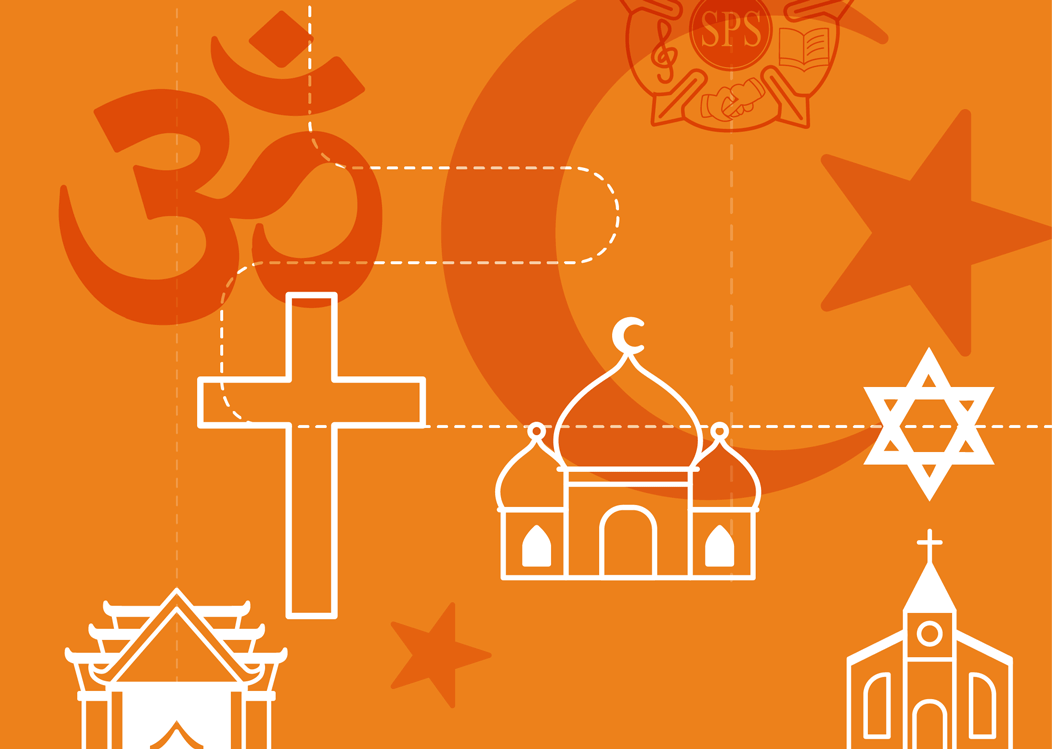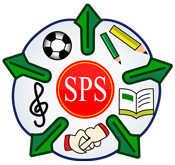Religious Education – Christmas
Subject Key Objective Progression & Development by Year Groups
The following is a guide to help you understand your child’s progression through school.
All lessons are differentiated. This means teachers plan activities that enable the objective to be learned by all children including those who will find the objective challenging, those children who with hard work will secure good progress and those children who can tackle extra stretch and challenge in this subject.
Intent, Implementation and Impact
The curriculum is designed with our pupils and the Swinemoor community in mind.
It enables children to access and enhance their understanding of their home, their town and the wider community, developing their cultural capital and giving them opportunities and choices about their future and their impact as they progress through their school career and beyond.
This will help them become successful members of modern British society, preparing them for the challenges and opportunities.
Religious Education

EYFS: “Children talk about events in their own lives and in the lives of family members”
“They know about similarities and differences between themselves and others, and among families, communities and traditions.”
“Children know about similarities and differences in relation to places.”
KS1: “Pupils should explore beliefs … and sacred stories.”
“They should find out about different festivals and rituals.”
KS2: “Pupils should investigate the life of faith founders.”
“They should investigate the significance of religious festivals and rituals.”
“They should explore the teachings of forgiveness and reconciliation.”
EYFS:
Angel (T2)
Nativity / Jesus (T3)
Shepherd (T1)
KS1:
Advent (T3)
Preparation (T1)
Symbols (T1)
KS2:
Prophecy (T2)
Epiphany (T3)
Reconciliation (T2)
Halo (T2)
Children may demonstrate an understanding of the significance of Christmas in terms of beliefs and traditions, as well as the role it plays in families and communities.
They may recognise how Christmas celebrations have been shaped by culture, geography and history.
They may develop an appreciation for different beliefs surrounding the Christmas story and understand how these affect people’s lives.
They may develop a sense of awe and wonder through their understanding of the special event known as Christmas.
What will be made, produced, performed, or published?
Children will produce work linked to the RE units of work on a two-yearly cycle, following the suggested lines of enquiry.
This may in the form of: a written piece; a model; role play; a film; a performance. Sometimes, this will culminate in a piece of portfolio work.
What knowledge will the children have embedded?
Children will be able to recall the main points of the Nativity story, with increasing detail. They will be able to explain the good news of Advent and Christmas, progressing to understanding and explaining how Christmas brings peace. They will be able to talk about characters from the Nativity story (especially Mary and Jesus) and the symbols associated with Christmas. They will increasingly understand how different people in the community celebrate Christmas and how this links to their beliefs.
What retention may be demonstrated?
Here are some example questions that may be used to assess children’s understanding.
EYFS: Who is the Nativity story about? Name some other characters in this story.
KS1: What might Christians do during Advent? Why?
KS2: Tell me what makes Mary so special in the Christmas story. Describe/explain some symbols associated with Christmas.
Tell me some reasons why different people celebrate Christmas in different ways.

This collection of short films and resources will help you understand your child’s progression through school.
The curriculum film resource has been broken down by subject area initially and then by topic area.


